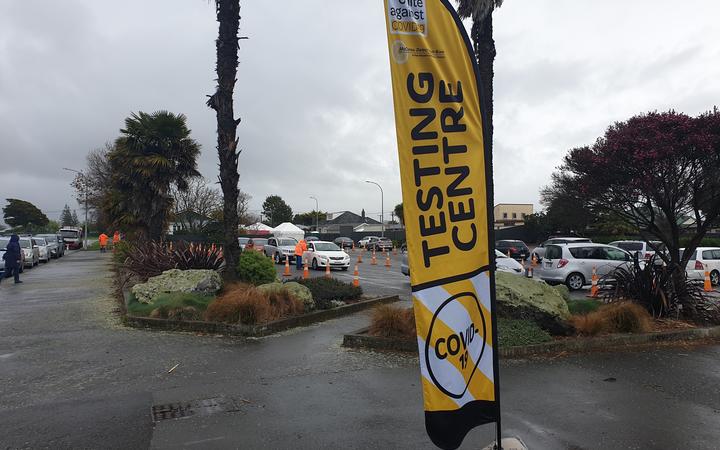
Contact tracing for Covid-19 has improved since the start of the latest outbreak but other targets were still not being met.
Tracing teams were far exceeding their goal to reach 80% of an infected person's contacts within 48 hours, reaching 95% on average. But the contacts were still not getting into isolation as quickly as authorities had expected.
The target is for 80% of close contacts to be in isolation within four days of being exposed to the disease. Latest figures show only 56% of close contacts meet that deadline.
Epidemiologist Michael Baker said that particular measure is critical.
"Typically after three to four days you'll be potentially infectious if you've got the virus. It's so important to get these contacts quarantined - and quickly - because that's the whole reason for doing it."
Most other figures show the public health system was responding well, he said.
But it was interesting to see that not enough people were being tested within two days of getting symptoms (42% against a target of 80%).
Reasons could include people not realising they needed a test or struggling to access one, he said.
The ministry targets were published to track progress on a number of aspects - including how quickly contacts were identified and then how quickly they were isolated or quarantined.
In the first batch released in this outbreak, covering 11 to 21 August, the ministry fell short on several measures.
But it said that was because of the conditions at the start of the outbreak where many people would have not realised they could have the disease.
In the latest figures, for the week to 3 September , it had improved on almost every measure.
It was still behind its target of having 80% of a case's close contacts isolated within four days of the case's first symptoms, but had improved significantly - from 37% to 70%.
However, it was taking too long to notify people of a positive test result, with only 57% getting told within a day rather than meeting the target of 80%.
Comments
This is a difficult area. The Govt has to balance authoritarianism with public safety and the greater good. In my humble opinion when dealing with a pandemic that has the known capability of causing unnecessary deaths, the balance should fall on the side of public safety and the greater good. The individual rights to freedom of movement of known carriers of the virus become expendable until they test negative. The regulations should be strengthened to give the appropriate authorities the power to detain immediately.












